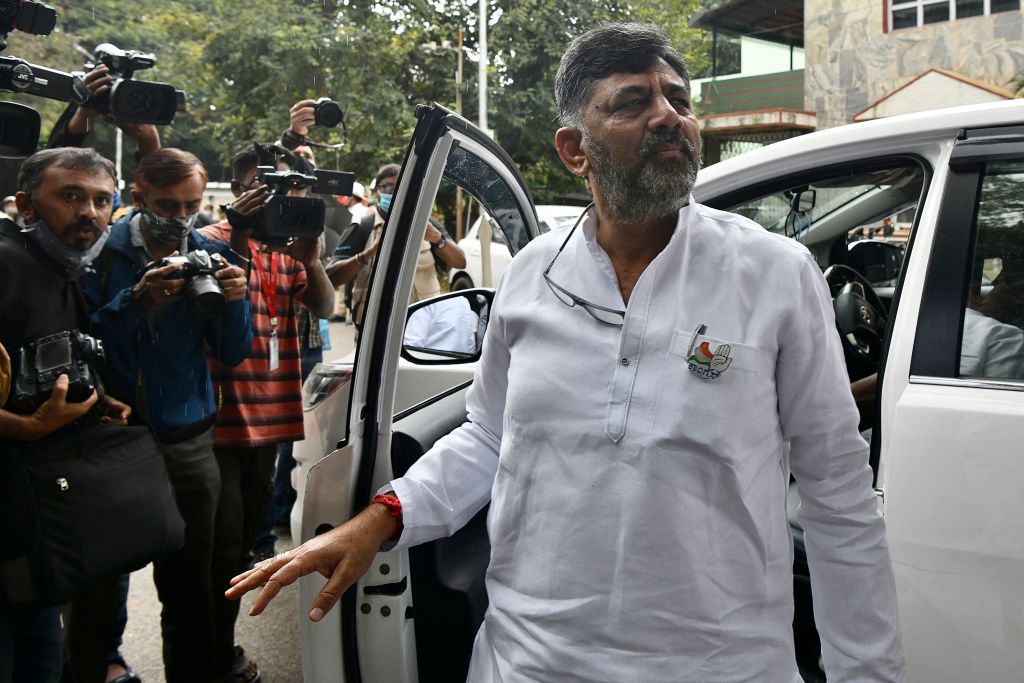- Wednesday, April 23, 2025
Karnataka deputy CM DK Shivakumar was found to be the richest state lawmaker with £134 million while Bengal’s Nirmal Kumar Dhara was found with savings of just £17.

By: Shubham Ghosh
A STUDY has revealed that lawmakers in Indian states have an average net worth of £1.2 million.
According to the study by the Association for Democratic Reforms (ADR), an Indian not-for-profit, 88 out of 4,000 members of the state legislatures were worth over £9.4 million each.
Contrast this to the fact that around 80 million people in India live below the poverty line.
The Indian National Congress, which has lost power in several states across the country to prime minister Narendra Modi’s Bharatiya Janata Party, has the most number of millionaire lawmakers — 33. The ruling party has 24.
The richest lawmaker or MLA (member of the legislative assembly as a state lawmaker in India is called) is DK Shivakumar, an influential politician from the southern state of Karnataka and its current deputy chief minister. He is worth £134 million.
Nirmal Kumar Dhara, a BJP MLA from the eastern state of West Bengal, had the least amount of assets with savings of just £17.
According to the latest global Multidimensional Poverty Index, 415 million Indians came out of poverty over the past 15 years which still leaves 230 million Indians living in conditions of poverty, The Times UK reported.
It is often complained that the Indian electoral system is dominated by money power where tickets are given only to candidates with deep pockets who can bribe voters by means of cash, liquor and others.
The ADR said the reason for revealing such figures is to inform voters and empower them to take independent and informed decisions at the time of casting ballots.
DL Karad, vice president of the Centre of Indian Trade Unions, a national-level trade union, told the publication that while Indian democracy was based on the ballot, the entire process was nothing but a “business”, affected by parties using money as a weapon to bag elections.
“The only criterion for giving tickets is that candidates must be super-rich to be able to dole out cash to voters at election time. Once the election has been won, the winner will recoup his ‘investment’ by taking a cut of every contract and looting the exchequer,” he was quoted as saying.